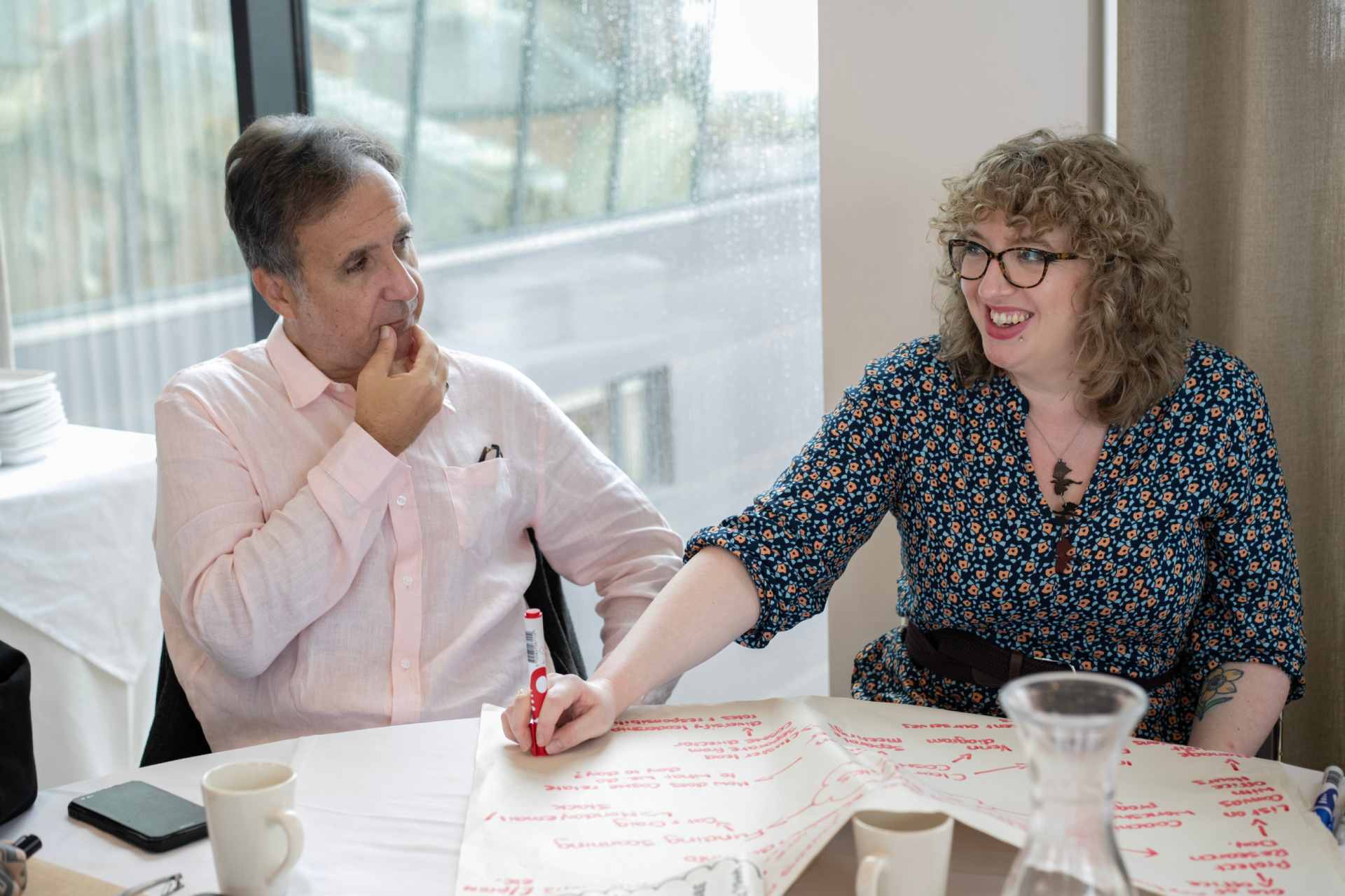MA Global Media and Politics
By studying the MA Global Media and Politics, students will develop an advanced knowledge and understanding of different forms of communication in their social, political, and economic contexts, focusing in particular on the relationship between news media, social media, and politics in contemporary societies.
The MA Global Media and Politics is a fantastic opportunity for you to engage with current debates about the constantly evolving role of media in national and international political life. The programme uncovers the ways in which journalists and politicians attempt to set the political agenda or influence public opinion and also explores the ways in which audiences, as public and as citizens, are involved in media as consumers and producers.
The programme is built around core modules which focus on the theories and debates surrounding:
- the relationship between the mass media, politics and society
- the role and function of the media in democratic societies (and how these are affected by market considerations and technological advancements)
- the impact of mass media on global political processes
- research methods used in media and communication research.
You will develop skills that directly enhance employability, including applying critical reviewing skills, giving presentations, plus data analysis, problem-solving, team-working and research design and implementation.
You'll able to pursue your own specific research/study interest in political communication via a 12,000-15,000 word dissertation and by choosing three further modules from a range of other M-level modules provided by the department or wider school.
Read here what former students have to say about the programme.

Why Communication and Media at the University of Liverpool?
The Department of Communication and Media employs around 35 permanent staff who work on a wide range of interdisciplinary research on topics. Find out more.